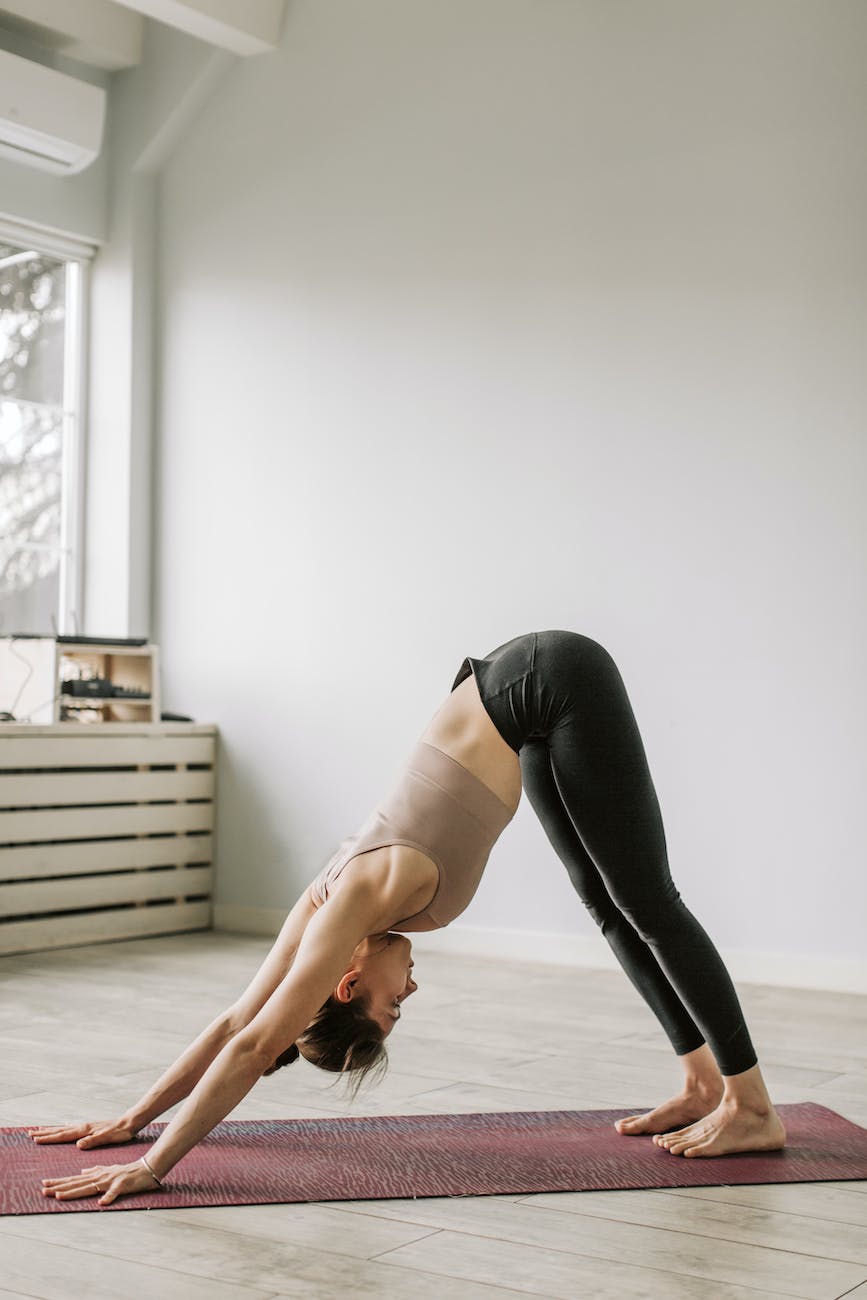For many, playing sports is a huge part of their lifestyle. Whether it’s to stay fit or to socialise with others, there are plenty of mental and physical health benefits that make it a rewarding pastime. However, playing sport also has its risks – most commonly, this comes in the form of sports injuries of varying kinds. If you’re clued up on how these can be caused, you’ll help to minimise the likelihood of them reoccurring going forward, giving you more time to enjoy yourself.
Prevalence of sports injuries in the UK
According to a recent survey by YouGov, one-third of people injured playing sports report long-term effects in the UK, indicating that many aren’t clued up on how to minimise the likeliness or spot potential injuries. According to the stats, 40% of people questioned had sustained a sporting injury and 34% are still experiencing the impacts of this damage.
Other stats show that every year, between 1 and 1.5 million people visit A&E in the UK with a sports or exercise-related injury. It’s no secret that A&E departments are under pressure, so anything we can do to prevent injuries when we move our bodies will be beneficial in more ways than one. In some, more serious instances, sports injuries can result in personal injury claims.
Fortunately, there are several ways we can help to minimise the impact or likelihood of sporting injuries.
Eat for recovery – Playing sports can put a lot of strain on your body and its various components. Eating carbohydrates after working out will help with muscle repair as well as replenishing your glycogen stores. A protein diet is also known to help the body heal. However when you have an injury you can often not feel like eating, your mood may be lower and you may also be in a lot of pain which is when these Biotiful kefir protein drinks can be really helpful. Not only do they contain 20g of protein to help heal your sports injury but they are also good for gut health and taste delicious.
When recovering from an injury it’s also important to be mindful of the fact they you wont be burning as many calories as you normally do and if you want to avoid unwanted weight gain that will impact your fitness when you return you will need to reduce the calories you consume when resting.
In a nutshell, eating a well-balanced and nutritional diet will help with the healing process.
Get plenty of rest – It comes as no surprise that rest is key to recovery. You need to allow your body the time and space to heal, without creating further damage. Too much stress can hinder progress, so experts often recommend a set amount of time away from your sport depending on the type of injury acquired.

Keep your fitness through other activities – While you may not be able to play your usual sport for a while, that’s not to say that you have to remain immobile. Seek out other methods of staying fit that won’t compromise your injury. You may opt for something gentle like yoga or walking, for example.
Follow any advice from your physio or doctor – Seeking and sticking to advice from a physiotherapist or doctor will help you recover from your sport injury more quickly. They may give you gentle exercises or suggestions on how to ease back into your usual day-to-day without stunting your recovery process.
You may also like
10 Fitness Tips for Men: Staying in Top Shape as You Age
Benefits of Yoga for Weight Loss: Beginners Guide Surviving Sick Days: A Complete Guide For Parents

